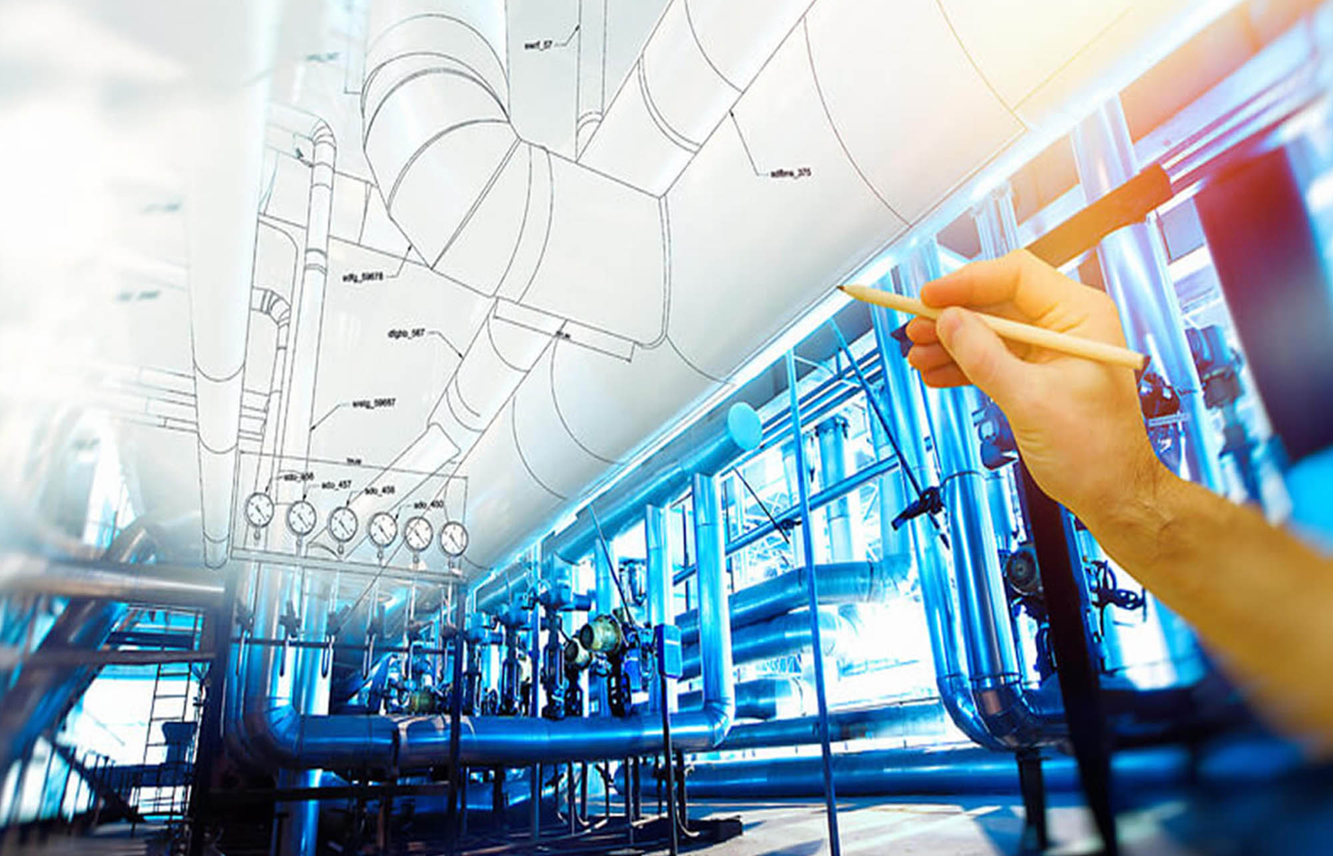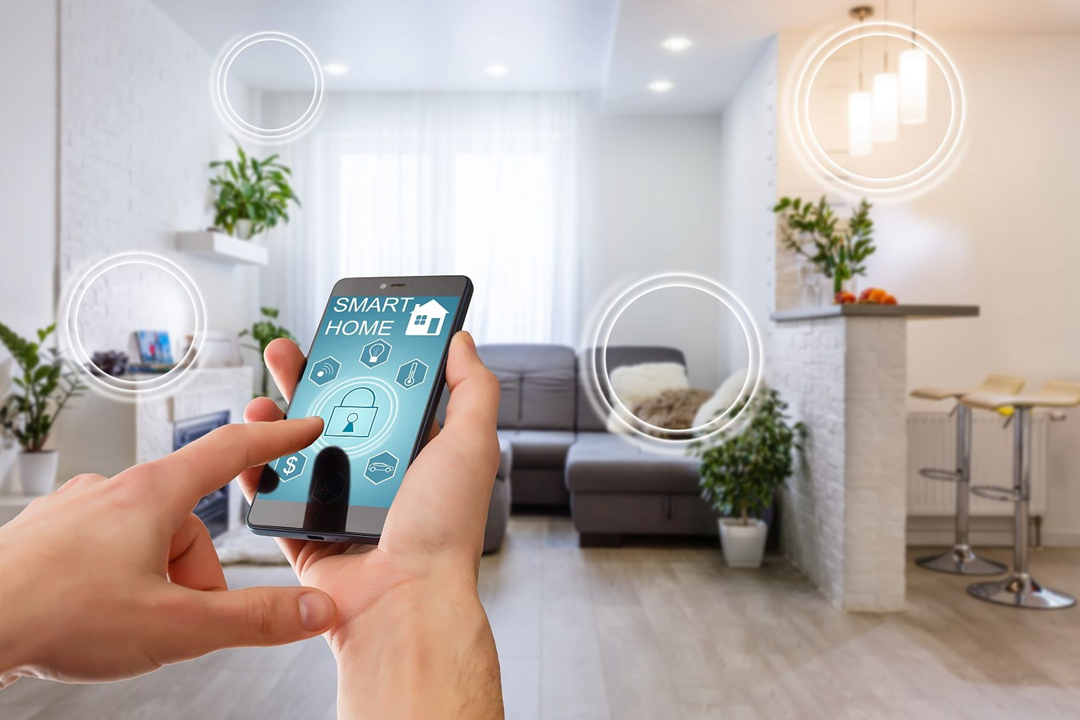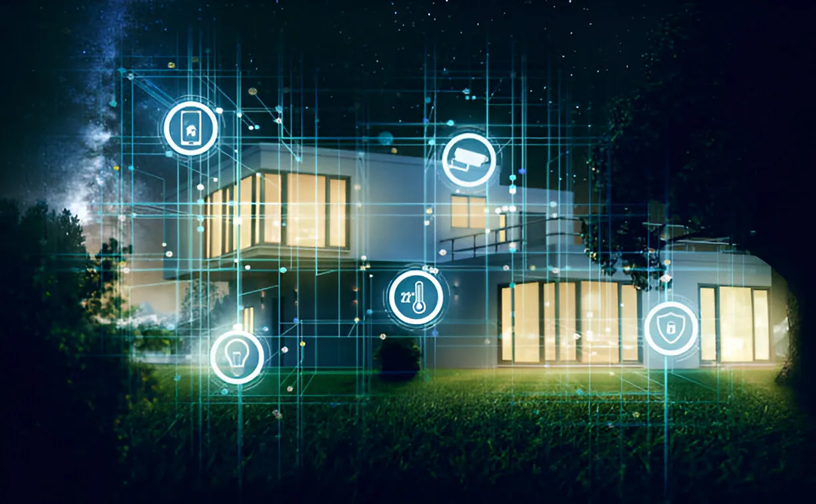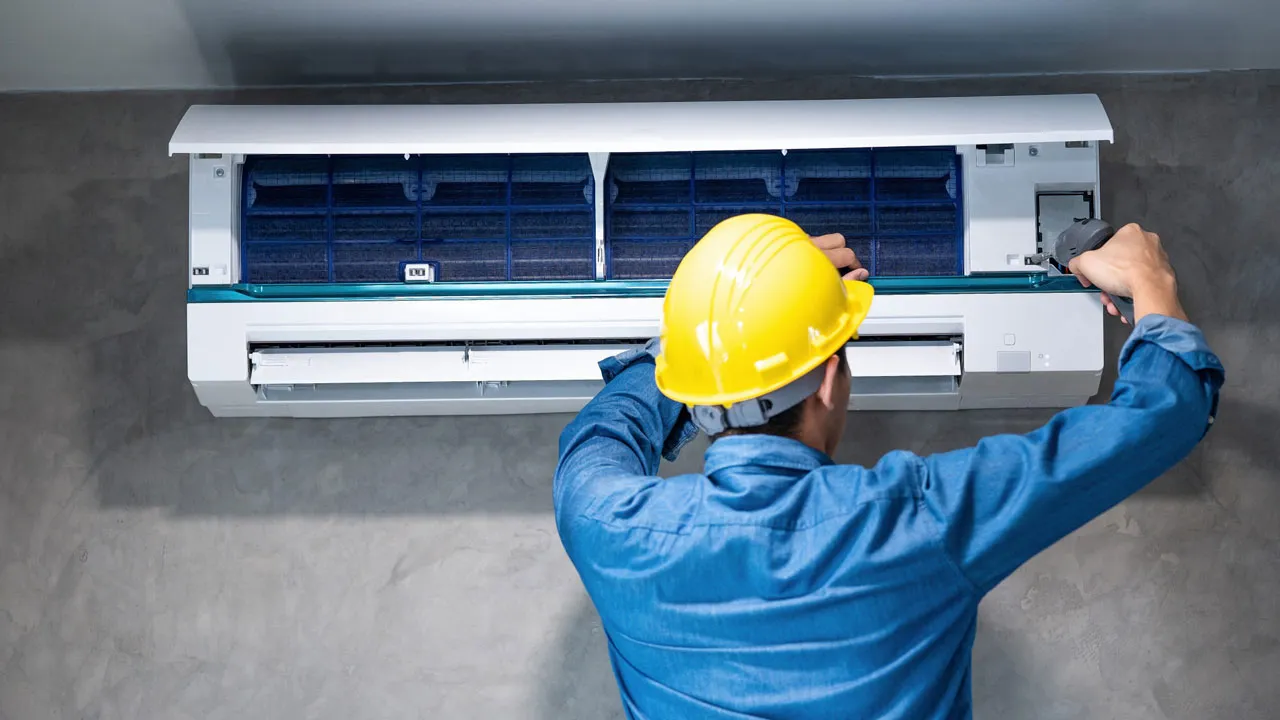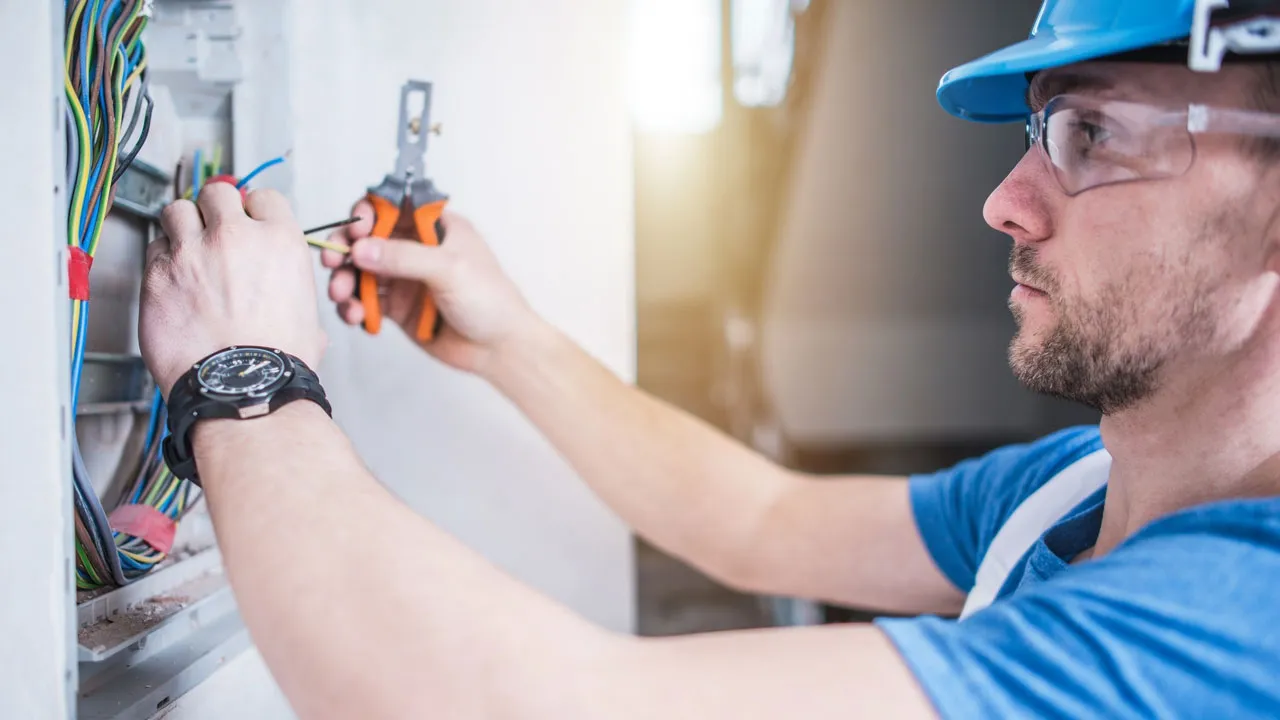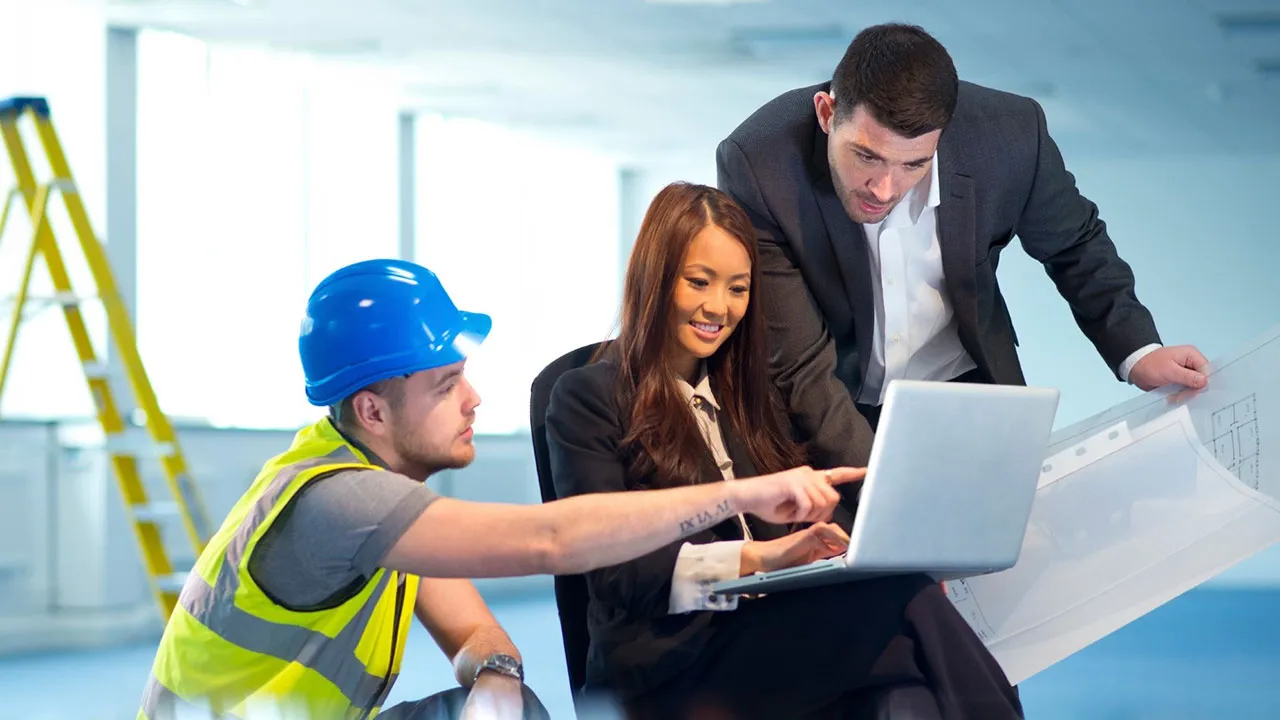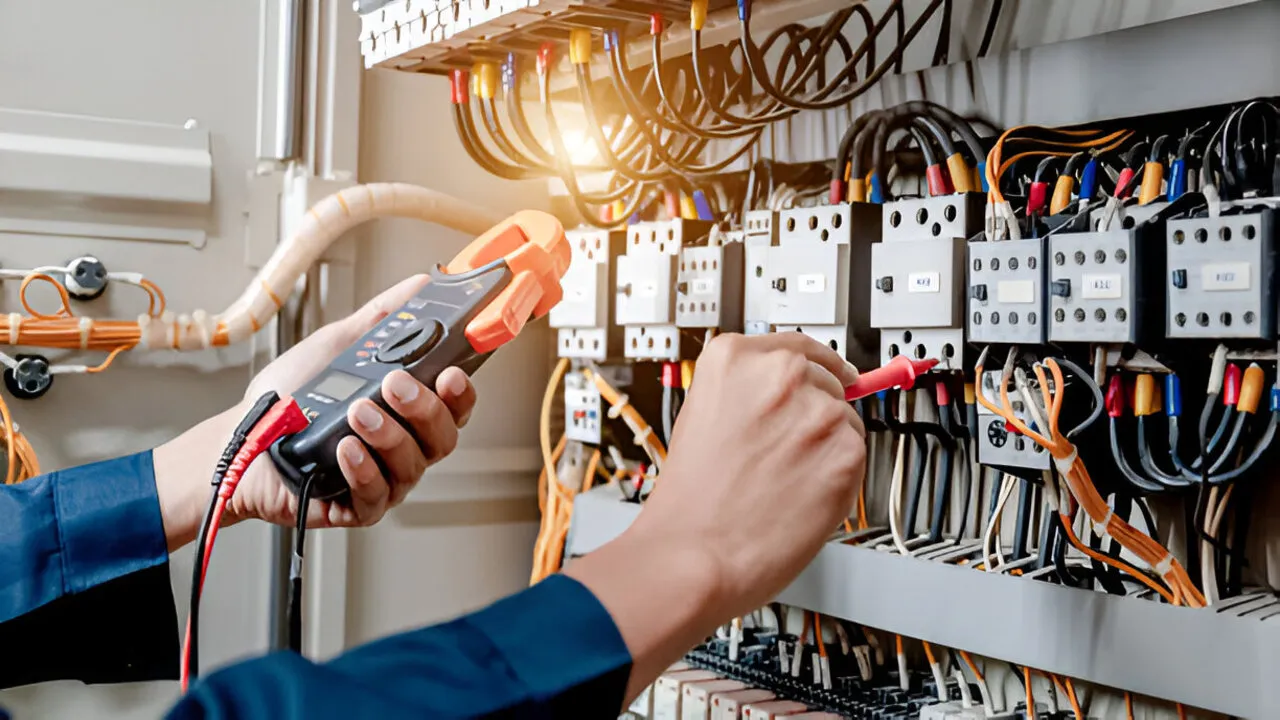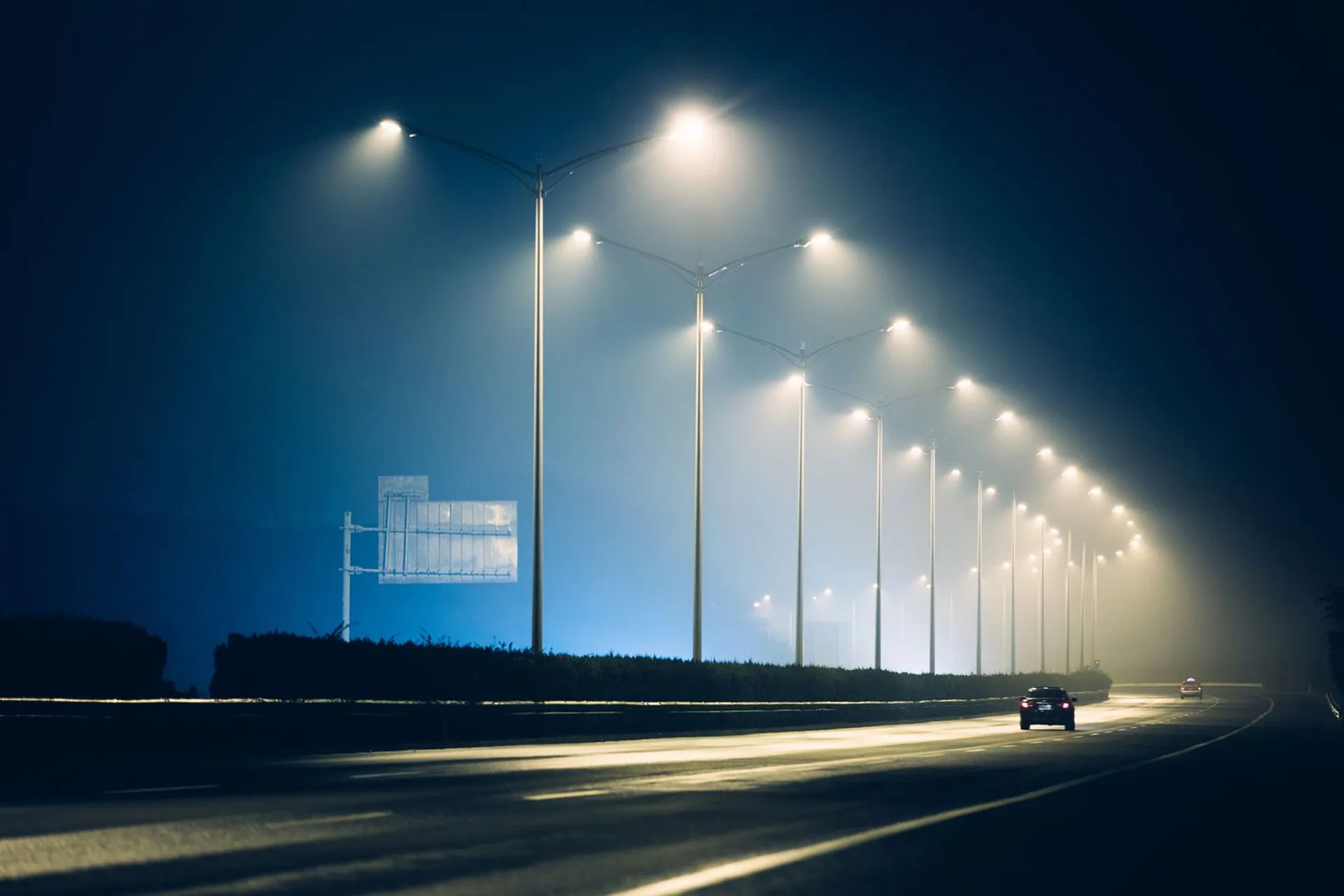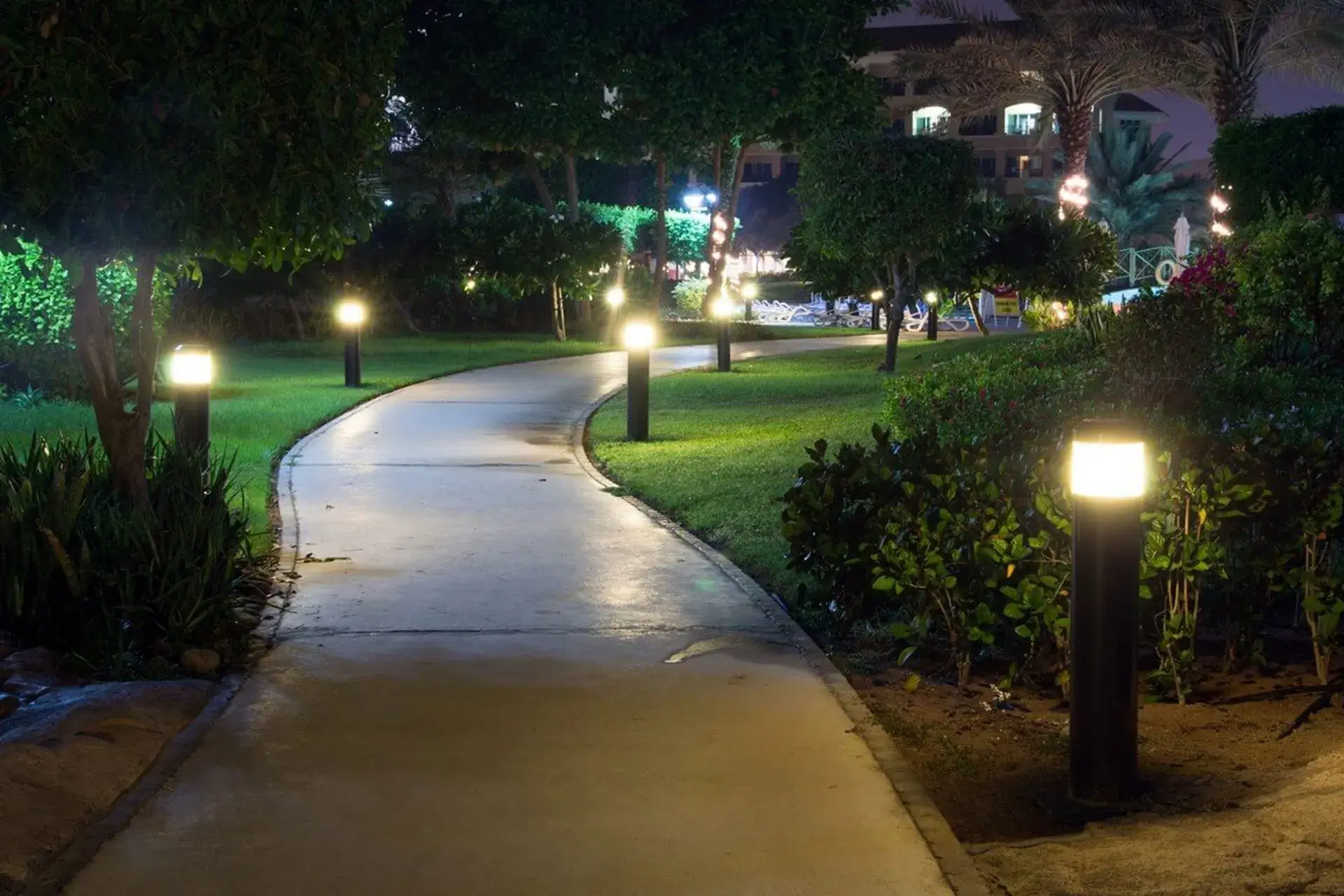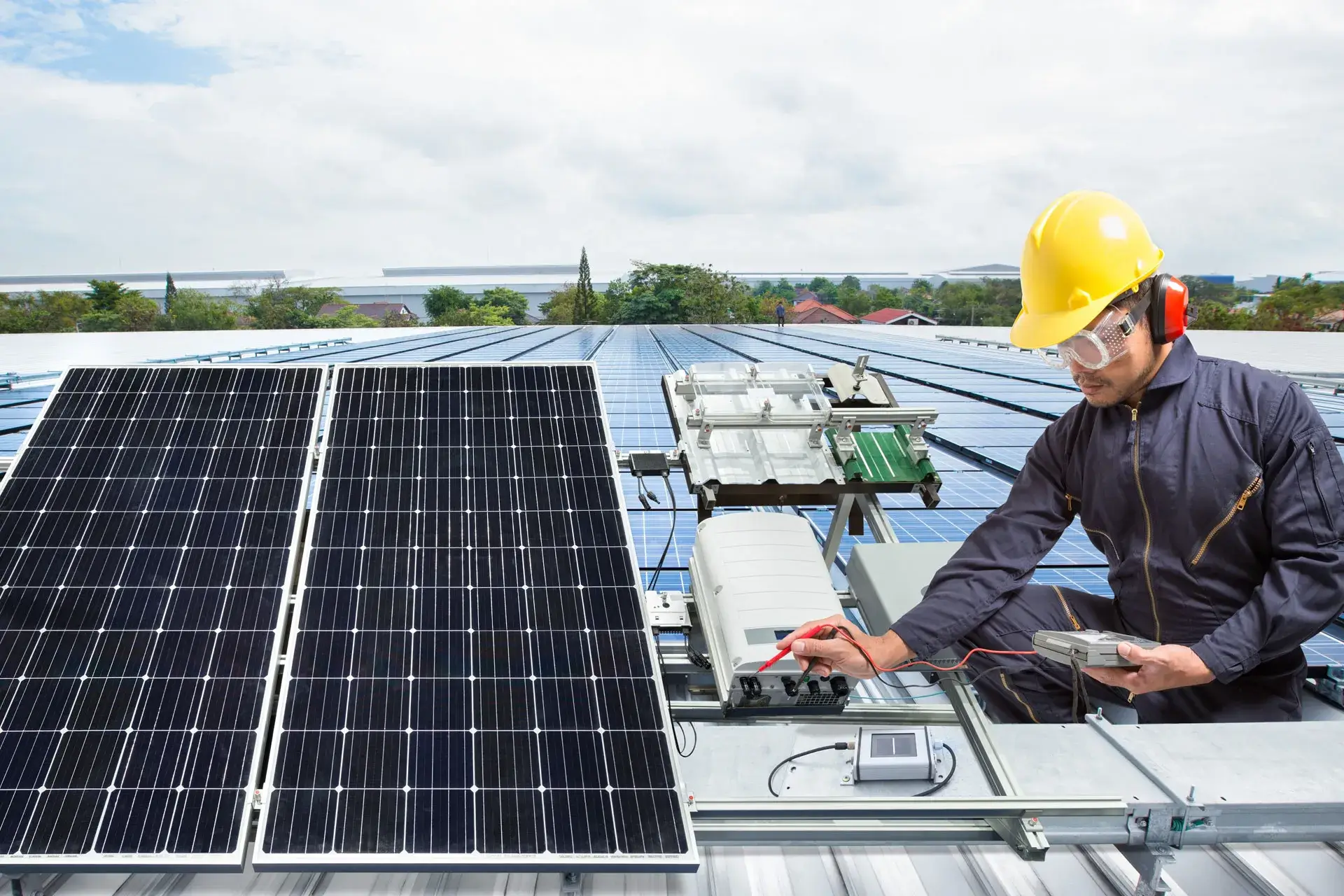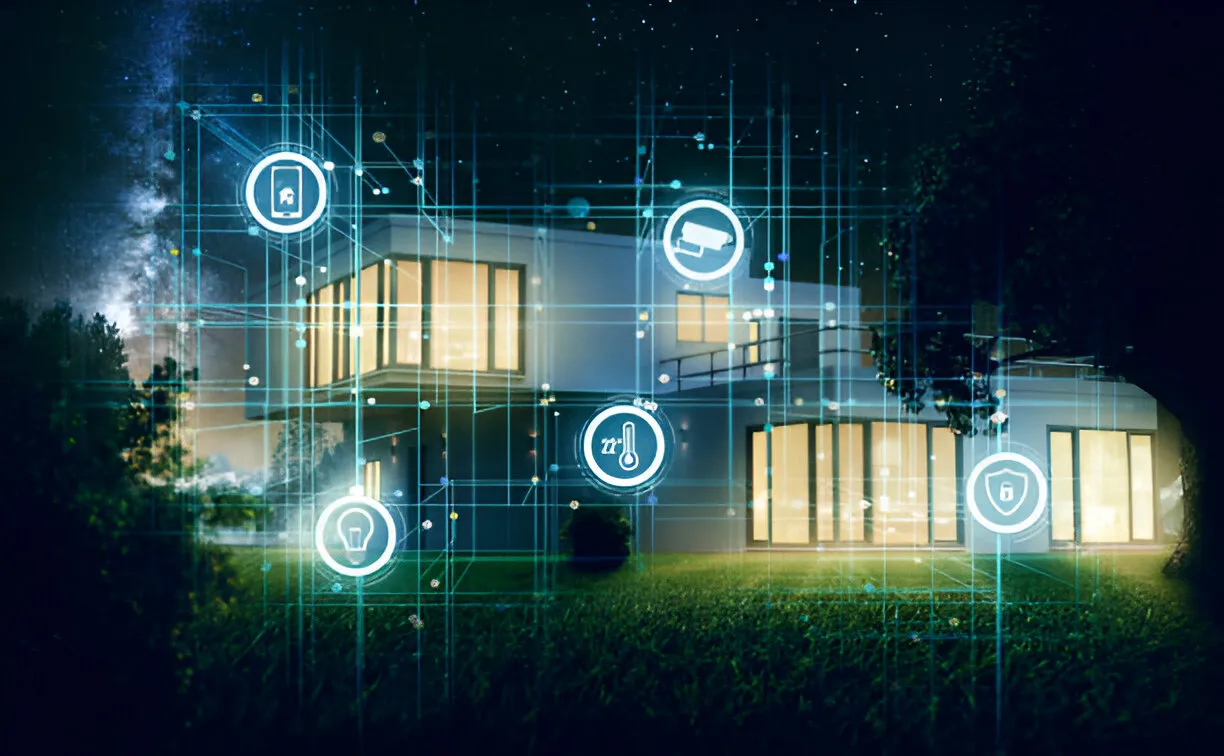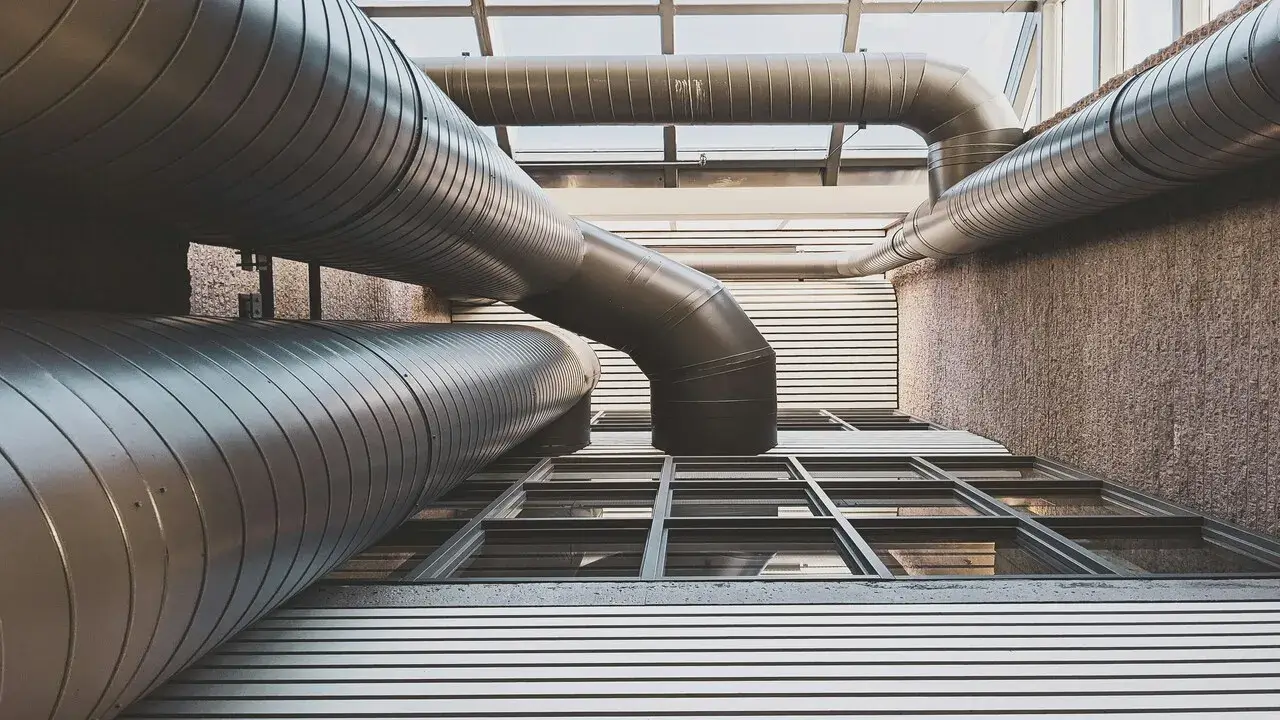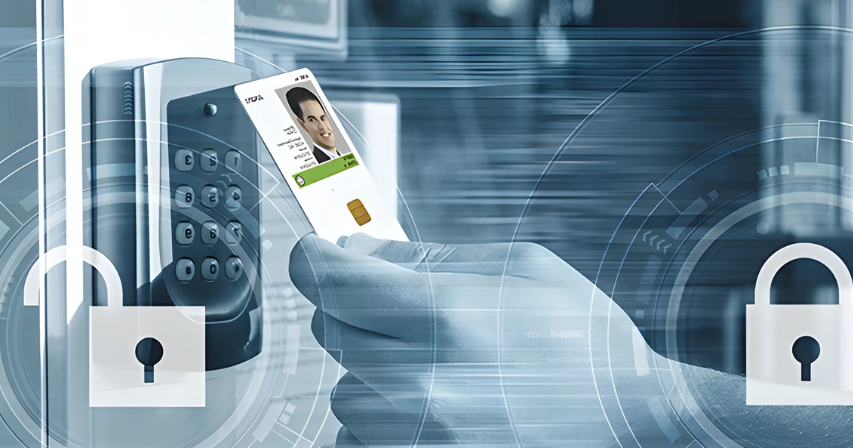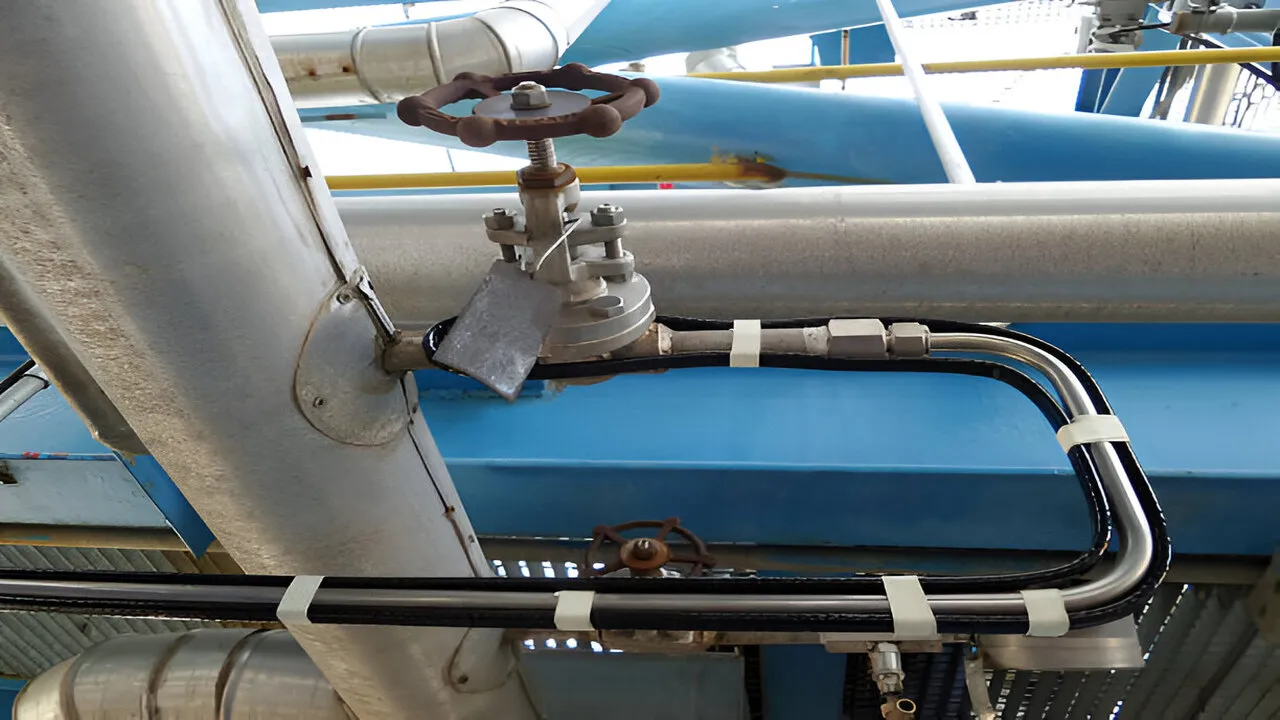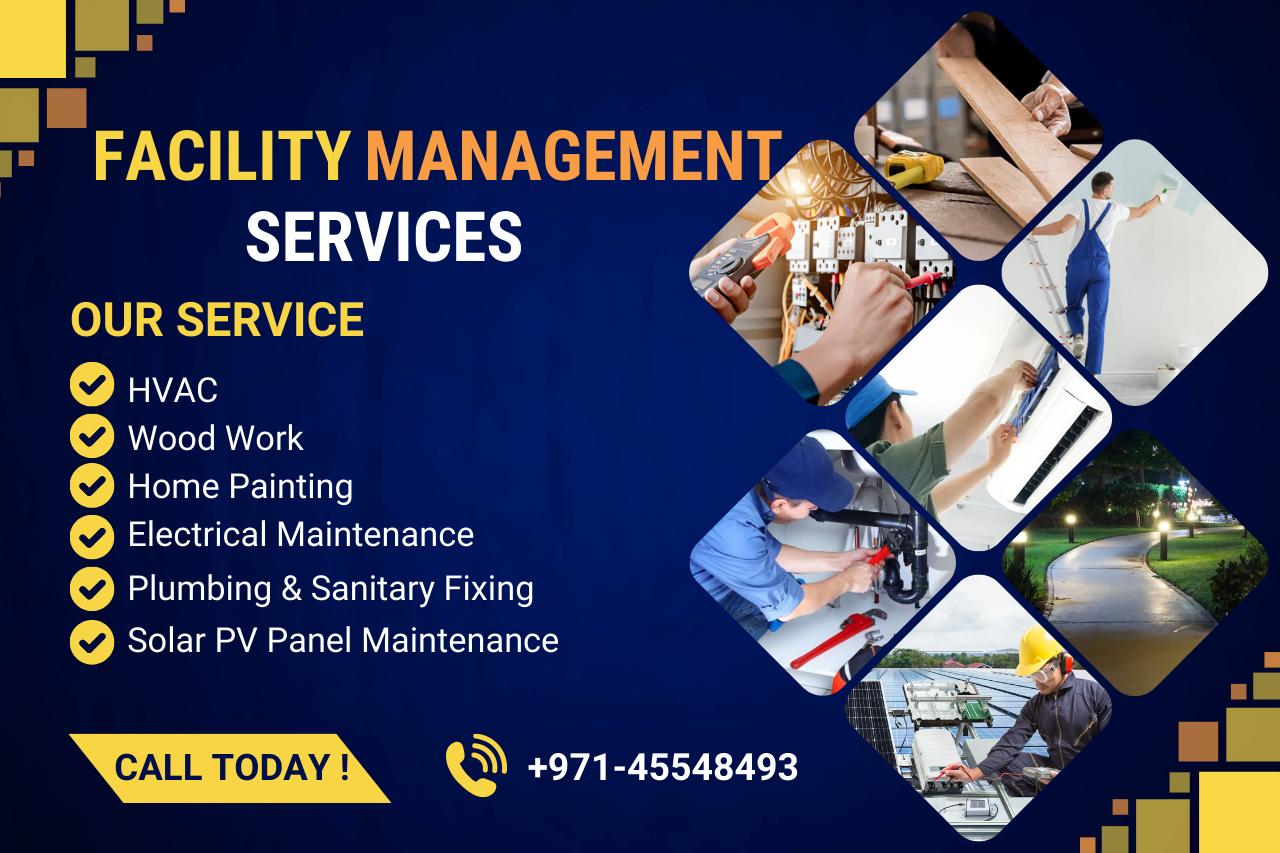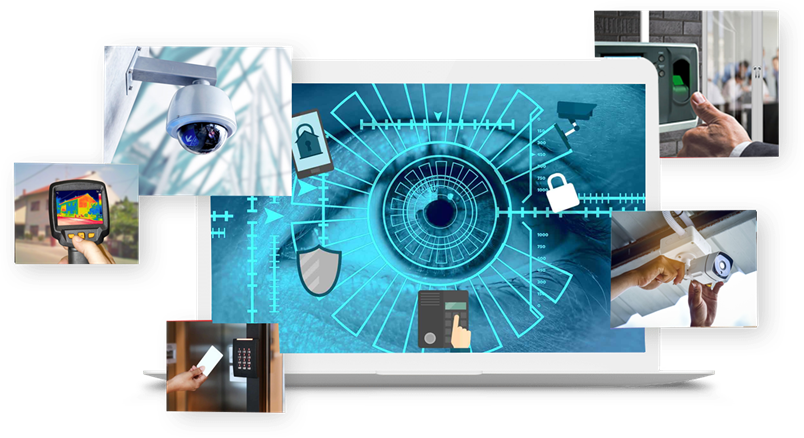
In today's fast-moving world, smart technologies transform how we design and manage buildings. Smart technology now drives every industry. In commercial building design, MEP systems form the beating heart of safety, comfort, and efficiency. The UAE leads in smart city initiatives. The government spends billions on futuristic infrastructure. Abu Dhabi and Dubai have big goals in their strategic visions. These plans aim to boost energy efficiency, cut emissions, and make life better for users.
Because of fast digital change and better connectivity, stakeholders need to rethink old MEP methods. Today’s smart MEP systems use IoT, AI, and automation. They offer real-time monitoring and advanced diagnostics. As a result, commercial spaces become more flexible, efficient, and sustainable.
Now, we look at how smart-integrated MEP systems are shaping the commercial scene in the UAE.
Understanding MEP Systems
MEP systems include three core elements:
Mechanical: HVAC (Heating, Ventilation, and Air Conditioning) systems support indoor comfort and air quality.
Electrical: These systems power lighting, distribution, devices, and communication networks.
Plumbing: They ensure proper water supply and efficient drainage.
Traditional systems often operate independently. In contrast, smart MEP systems share data. They communicate seamlessly and quickly respond to changing conditions.
Below is a table showing the contrast between traditional and smart MEP systems:
This table helps you compare how new smart technologies outperform older methods.
The Smart Technologies Driving MEP Innovation
Smart technologies are changing MEP systems by adding more intelligence and better connections. Now, let’s look at the main updates in a simple way.
IoT and Smart Sensors
They play an important role in modern MEP systems. Sensors gather real-time data on temperature, humidity, energy use, and room presence. For example, a smart HVAC system adjusts airflow automatically based on this data. This helps save energy and prevents wastage.
Artificial Intelligence and Predictive Analytics
They use data from sensors to find patterns. AI tools quickly study this data and guess when a system might need repair. This means MEP contractors Dubai can fix issues before they get worse. It also reduces system downtime and lowers repair costs.
Building Information Modeling (BIM)
It is used to create 3D models of systems. These models match the design with how the building actually works. Contractors use BIM to plan better, test systems, and see how they will perform. These digital copies help people make smarter choices and work more efficiently.
Automation and Integration Platforms
They help run lighting, HVAC, and security systems together. These platforms make sure all systems work in sync. This smart setup increases energy savings and improves comfort for users.
Benefits for Commercial Spaces in the UAE
When you introduce smart MEP systems, you unlock numerous advantages for your building. Here are the core benefits:
Energy Efficiency and Cost Savings
Smart systems watch energy use all day and night. They change settings on their own to match real needs. As a result, building managers can save up to 20% on energy costs. These better results also lead to lower utility bills and less carbon released into the air. In the UAE, where energy use must follow strict government rules, these savings are very important.
Enhanced Occupant Comfort and Safety
Smart HVAC systems now control temperature with high accuracy. They also improve air quality at the same time. In addition, automated lighting adjusts brightness based on natural daylight. These smart changes help make indoor spaces more comfortable for people. At the same time, safety stays important as smart systems quickly spot possible dangers. They send alerts to maintenance teams right away when something goes wrong.
Greater Operational Reliability
We now use predictive maintenance to keep systems running smoothly. Smart sensors always check important equipment. They send alerts as soon as they notice a problem starting. As a result, contractors can fix or replace parts before anything breaks down. This smart method helps machines last longer and avoids costly stops in operation.
Sustainability and Environmental Impact
The UAE government is taking strong steps toward sustainability. Smart MEP systems and energy-saving methods help lower harmful emissions. In the same way, using clean energy like solar panels also reduces harm to the environment. They are widely available throughout the country. Because of this, you can reduce your impact on the environment. At the same time, you can meet your energy needs. New plans like the UAE’s Energy Strategy 2050 are encouraging greener building methods.
Below is a table summarizing the benefits:
Real World Case Studies in the UAE
UAE businesses lead by example. They embrace smart MEP systems and see rapid returns on investment. Here are two case studies:
Modern Office Tower in Downtown Dubai
Situation: A major office tower in Dubai required a system overhaul. The traditional MEP infrastructure suffered frequent breakdowns and high energy bills.
Action: The building management integrated smart sensors and a dynamic control system for the HVAC and lighting. MEP Services in UAE applied predictive analytics.
Result: The energy bill went down by 18% in the first year. Maintenance costs were reduced by 25%. Occupants felt a big improvement in comfort. They also noticed a boost in their productivity.
Retail Complex in Abu Dhabi
Situation: A new retail complex in Abu Dhabi faced high cooling costs and uneven lighting across stores.
Action: Operators installed IoT-enabled sensors across the facility. They integrated a smart building management system that automated both cooling and lighting systems.
Result: The complex experienced an energy reduction of 22%. Occupant and tenant satisfaction rates climbed to 95%.
Visual Aid:
These case studies emphasize that smart MEP systems are no longer a concept – they deliver measurable improvements now. UAE companies lead by leveraging these innovations to drive growth and sustainability.
Addressing Challenges & Exploring Future Trends
Transitioning to smart MEP systems comes with challenges. However, they also open new horizons. Here are common challenges and the trending solutions:
Challenges
Integration Complexity: Multiple legacy systems challenge smooth integration. Contractors need to invest in proper training and technology.
Cybersecurity Risks: With increased connectivity comes a higher risk of cyber-attacks. Companies now allocate budgets for strong security protocols.
Initial Investment: Upfront costs may deter some projects. However, smart systems quickly pay for themselves through cost savings.
Skill Gaps: Market demand for tech-savvy MEP experts grows. Firms now prioritize training programs.
Future Trends
Enhanced Data Analytics: AI will extract even more granular insights. Contractors will make decisions faster.
Government Incentives: The UAE government already supports green building. Future incentives promise to boost smart investments.
Increased Modular Construction: Prefabricated MEP components will accelerate installations. They increase quality control and reduce on-site errors.
Integration of Renewable Resources: Solar panels, wind energy, and battery storage will integrate seamlessly with smart systems. This integration will further reduce consumptions and emissions.
Transitioning to smart tech demands vision. UAE businesses already see promise. Future trends forecast even higher returns as technology becomes more refined.
Conclusion
Smart technologies are changing MEP systems every day. They help create smart, efficient spaces in the UAE. We have seen how sensors, AI, and BIM open up new options. These tools already help companies save up to 20% on energy costs. At the same time, they make buildings more comfortable and reliable.
Now is a great time to improve your buildings. Use predictive maintenance, smart controls, and connected design. These steps will move your building toward a greener future—just like the forward-thinking projects in Dubai and Abu Dhabi.
Take action now. Check how your current MEP systems are working. Talk to experts in the field. See how smart technology can help your business stand out in the fast-moving UAE market.

